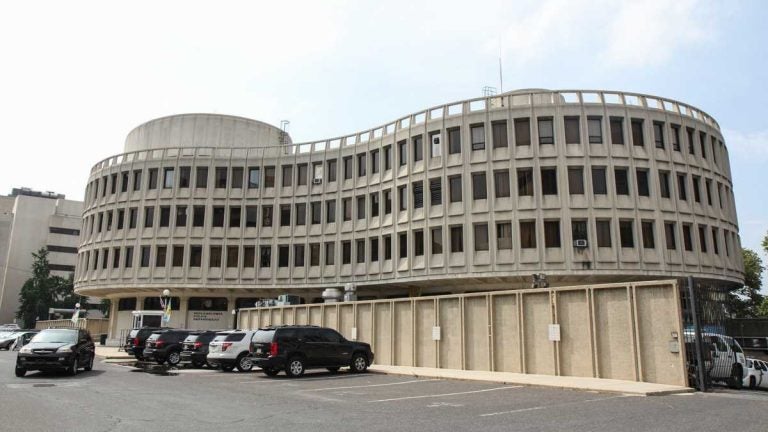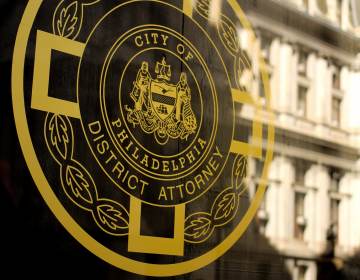2 targeted after filming Philly cops get combined $250,000 from city
The settlement follows a federal appeals court decision affirming that citizens have a First Amendment right to record on-duty police officers.

Philadelphia has agreed to pay two individuals $250,000 after they were targeted by police for filming officers on duty. (Kimberly Paynter/WHYY, file)
Philadelphia officials have agreed to pay a combined $250,000 to two people who say they were retaliated against after recording city police officers.
The settlement follows a federal appeals court decision this summer affirming that citizens have a First Amendment right to record on-duty police officers. The court’s ruling joins five other federal appeals courts upholding that right.
Previously, a federal trial court judge shocked many legal observers by finding that the two individuals did not have a right to film the police because they did not explicitly say why they were filming. The appeals decision reversed this ruling.
“The Philadelphia police for years has failed to adequately train its officers that there is a First Amendment right to record the police and had failed to supervise and discipline officers who did interfere with civilian attempts to record the police,” said Molly Tack-Hooper, a lawyer with the ACLU of Pennsylvania.
The six-figure city payout resolves the lawsuit, first filed in 2014 by plaintiffs Amanda Geraci and Richard Fields. The duo will split the money, some of which will cover an undisclosed amount of attorneys’ fees.
Geraci was pinned against a pillar by police at a 2012 anti-fracking protest at the Pennsylvania Convention Center where she was attempting to take a photo of an arrest. At the time she was blocked from documenting the incident, she was wearing a pink bandana identifying herself as a legal observer.
In a separate episode, Richard Fields was arrested after he used his iPhone to photograph police breaking up a house party near the North Philadelphia campus of Temple University. An officer asked Fields if he “liked taking pictures of grown men” and asked him to leave. When Fields refused, the officer confiscated his phone, briefly detained him before issuing a citation for “obstructing highway and other public passages.” The citation was later dismissed when the officer failed to appear at a court hearing.
Since the two interactions, the Philadelphia Police Department has launched a training program aimed at ensuring officers do not retaliate against bystanders who record law enforcement activity. In addition, the department has won praise for its crowd-control efforts during major protest events, including the Democratic National Convention last summer, where protesters gave officers high marks for their low-key presence. And Police Commissioner Richard Ross has supported the widespread use of body-worn cameras. City officials plan to outfit every patrol officer with one of the devices manufactured by the company formerly known as Taser.
While these steps are applauded by police accountability advocates, Tack-Hooper said protesters and other private citizens should still be watchful about officers attempting to intimidate bystanders trying to document the police.
The law, she said, has long been on the side of those recording.
“Every federal court of appeals that has actually ruled on the question of whether there is a First Amendment right to record the police has concluded that, ‘yes there is,’ so there’s no disagreement among the federal appeals courts on that issue,” Tack-Hooper said.
Writing for the majority in the July decision, Judge Thomas Ambro of the U.S. Court of Appeals for the 3rd Circuit said, “as no doubt the press has this right, so does the public,” adding, “these recordings have both exposed police misconduct and exonerated officers from errant charges.”
WHYY is your source for fact-based, in-depth journalism and information. As a nonprofit organization, we rely on financial support from readers like you. Please give today.




